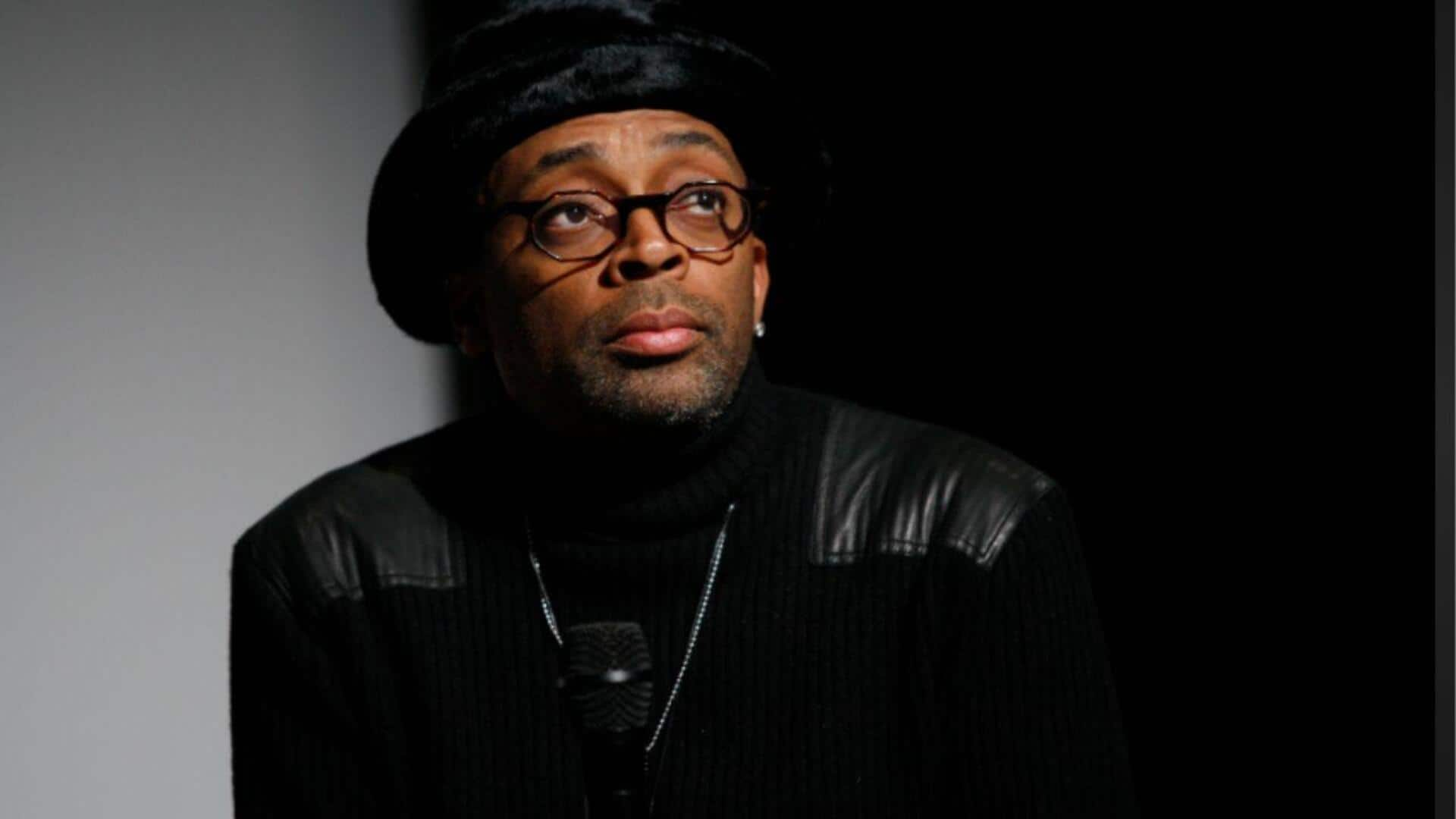
Why Spike Lee's storytelling still shapes modern cinema
What's the story
American filmmaker Spike Lee is known for his unique storytelling style and social commentary. His work has influenced modern cinema, especially in the way films deal with race, culture, and identity. Lee's films are known for their bold visuals and thought-provoking narratives, which challenge audiences to think critically about societal issues. This article explores Lee's impact on filmmaking and how his techniques have shaped contemporary cinema.
Visuals
Bold visuals and symbolism
Lee's films are famous for their striking visuals and the use of symbolism to convey complex themes. He often uses color contrasts and dynamic camera angles to create an emotional impact. For instance, in "Do the Right Thing," the use of red hues intensifies the tension between characters. This visual language has inspired many filmmakers to experiment with aesthetics as a means of storytelling.
Commentary
Social commentary through film
Lee's work is also known for its incisive social commentary. He uses film as a platform to address pressing societal issues such as racism, inequality, and injustice. By weaving these themes into his narratives, Lee encourages audiences to engage in critical dialogue about the state of society. His approach has paved the way for other filmmakers to tackle tough subjects with honesty and depth.
Characters
Character development techniques
In Lee's films, character development is key. His characters are often multi-dimensional, with their own flaws and strengths, which makes them relatable and real. Lee's knack for writing authentic dialogues makes his characters's journeys even more impactful. This technique has inspired other filmmakers to focus on character depth, rather than just plot, making their stories more engaging and memorable.
Influence
Influence on contemporary filmmakers
Lee's influence extends beyond his own films, as he has inspired a generation of filmmakers across the globe. Directors cite him as an inspiration for his fearless approach to storytelling and his commitment to authenticity. Lee's legacy is evident in modern cinema, where filmmakers continue to adopt his techniques to explore complex narratives with cultural relevance.